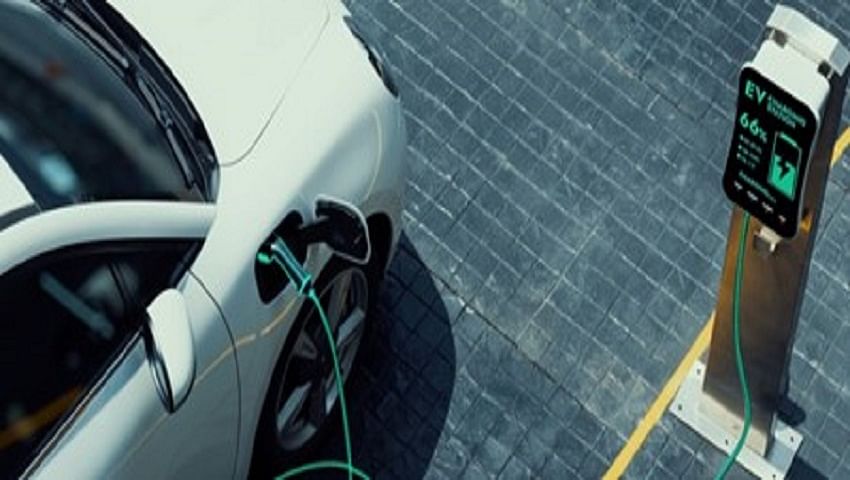Thanks to rapid urbanisation and industrialisation, there has been a significant increase in the number of motor vehicles across different towns and cities in India. While vehicles are important for a quick and comfortable commute, their growing demand and usage have contributed to air pollution, congestion, and rising fuel prices over the years.
Considering these challenges and their negative impact on public health and the environment, the Indian government is incentivising people to purchase electric cars or electric vehicles. Additionally, rising fuel prices are driving people towards purchasing electric cars.
However, the advantages of electric vehicles go beyond these factors. Let’s look at the top reasons to purchase electric cars in India. Please note, just like conventional vehicles, it is mandatory to cover electric vehicles under car insurance (third-party insurance or comprehensive, your choice) to avoid potential legal or financial liabilities.
Reasons to choose electric cars over the conventional ones
In addition to rising fuel prices, the following are reasons to choose electric cars in India —
1. No pollution: One of the most important benefits of electric cars is - zero tailpipe emissions. Hence, choosing EVs (electric vehicles) over conventional ones can reduce harmful environmental pollutants. This can improve air quality and prevent associated health conditions, some of which are life-threatening.
2. Easy on the pocket: Electric vehicles are economical compared to gasoline-powered ones. Hence, owning an electric car may serve your travel needs without pinching your pocket.
3. Convenient charging: Electric vehicles have rechargeable battery packs powered by electricity. All you must do is plug one end of the electrical cord or charger into the car and the other end into a wall outlet or charging equipment. You can easily charge them at home or a public charging station.
4. Easy to maintain: Electric vehicles are easier to maintain than conventional ones. They run on batteries, motors, and other electronics that do not require regular maintenance. Moreover, you won’t have to worry about changing the oil, checking the coolant levels, air filters, headlights, tyres and other parts, replacing spark plugs and wires, etc.
5. Government incentives: Considering that EVs reduce air pollution, the Indian government offers the following financial incentives to make these vehicles affordable and increase their purchase —
* Direct discount on the cost of electric vehicles
* Discount on the interest rate while taking a loan for the purchase of an electric vehicle
* The government also waives off-road tax and one-time registration fee on electric vehicles at the time of purchase.
* Under Section 80EEB of the Income Tax Act, you can claim tax benefits of up to ₹1.5 lakhs on the interest paid on the loan for EV purchase
6. Superior driving experience: Electric vehicles come without gears and other complicated controls. Hence, they are easier to drive and promise a noise-free and comfortable ride every time.
7. Convenient charging at home: You can easily charge an electric vehicle at home, and save yourself from the hassles of going to a gas station every time. For instance, when you notice the EV’s battery running low, you can charge it overnight, ensuring it is fully powered for your next day’s journey.
Things to consider before buying an electric car
The following are significant factors to consider before you buy an electric car —
1. Price: Electric cars can be more expensive when compared to conventional ones. Hence, keep your budget in mind and choose an electric vehicle accordingly.
2. Check software updates: Manufacturers frequently release software updates for electric vehicles to enhance performance and ensure smooth operation. While some manufacturers offer software updates free of cost, others may require a fee. Hence, it is essential to verify with the manufacturer and make an informed purchase decision.
3. Check specifications: When buying an EV, check important specifications like electric motors and battery packs and make a purchase accordingly. For instance, a low-speed or underpowered EV may not be ideal for long distances.
4. Consider the driving range: The driving range of an EV depends on its make and model. Check and compare a few options and choose a vehicle with a driving range that will suit your requirements. New EVs offer a driving range of up to 500 km on a single charge.
5. Check battery life: The battery pack is one of the most important and expensive parts of an EV, and replacing it with a new one can cost you big bucks. Hence, it is wise to choose an EV with a long battery life.
In addition, you must consider the charging options, maintenance costs, usability, after-sales support, etc. and purchase an electric car accordingly. After purchasing an electric car, remember to cover it under a car insurance policy (comprehensive or third-party insurance policy) before taking it on the road. Driving without a motor insurance policy will lead to legal penalties.
Conclusion
Fuel prices in India have risen sharply, and pollution levels in several cities have reached alarming heights. Hence, transitioning to electric vehicles can help reduce your carbon footprint and benefit the environment. Reduced air pollution can also decrease the occurrence of associated health conditions, such as heart disease, pneumonia, cancer, and respiratory conditions. The Indian government provides various incentives for purchasing electric cars, which can help alleviate your financial burden. Moreover, insurance companies cover electric vehicles under car insurance, so you can drive with peace of mind that your vehicle is covered.
